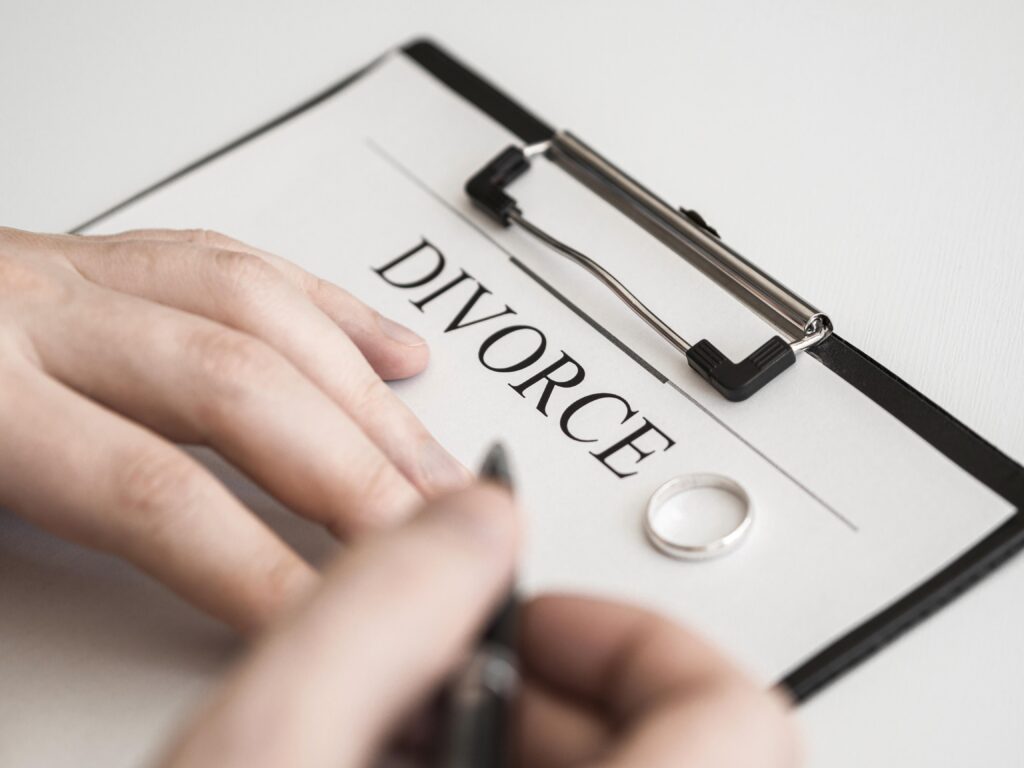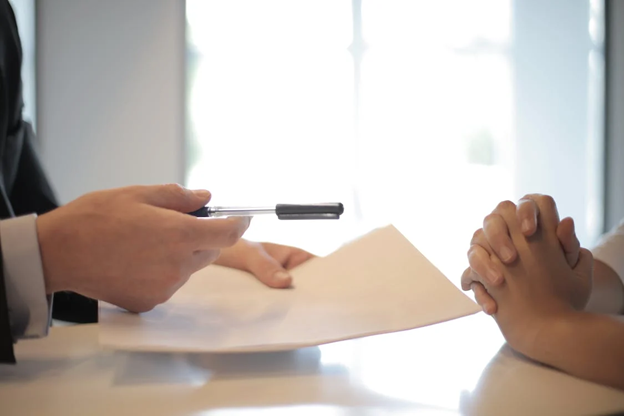Now Reading: How to Demand Accountability with a Personal Injury Claim
-
01
How to Demand Accountability with a Personal Injury Claim

How to Demand Accountability with a Personal Injury Claim
Sustaining a personal injury can be a distressing experience, both physically and emotionally. When you suffer harm due to someone else’s negligence or intentional actions, it is essential to seek justice and hold the responsible party accountable. One effective way to demand accountability is by filing a personal injury claim. In this article, we will explore the steps involved in demanding accountability through a personal injury claim, empowering you with the knowledge to navigate this complex process.
Understanding Personal Injury Claims
Personal injury claims arise when an individual suffers harm, whether physical, emotional, or financial, due to the negligence or misconduct of another party. Examples of personal injury cases include car accidents, slip and fall incidents, medical malpractice, product liability, and more. By pursuing a personal injury claim, you seek compensation for the losses you have incurred.
Gathering Evidence
To establish a strong personal injury claim, gathering evidence is crucial. Begin by collecting any relevant documentation, such as medical records, photographs of the accident scene, witness statements, police reports, and any other supporting documents. These pieces of evidence will help demonstrate the severity of your injuries, establish liability, and substantiate your claim.
Consulting with an Attorney
Before proceeding with your personal injury claim, it is highly advisable to consult with an experienced personal injury attorney. A skilled attorney can provide invaluable guidance throughout the process, assess the merits of your case, and help you navigate the complexities of the legal system. They will ensure that you understand your rights, advise you on the appropriate legal strategy, and advocate for your best interests.
Calculating Damages
Determining the damages you are entitled to is a critical aspect of a personal injury claim. Damages can include medical expenses, lost wages, pain and suffering, emotional distress, property damage, and more. Working closely with your attorney, gather all relevant documentation to support your claim for damages. This may include medical bills, invoices, receipts, pay stubs, and expert opinions.
Filing the Claim
Once you have gathered the necessary evidence and consulted with an attorney, it is time to file your personal injury claim. Your attorney will prepare the legal documents, which typically include a complaint or petition, outlining your allegations and the relief sought. These documents will be filed in the appropriate court and served on the defendant, initiating the legal process.
Negotiating a Settlement
In many personal injury cases, the parties involved opt for settlement negotiations rather than going to trial. Your attorney will engage in negotiations with the defendant’s insurance company or legal representation to reach a fair settlement agreement. During this process, it is essential to remain patient and allow your attorney to handle the negotiations effectively. They will strive to secure a settlement that adequately compensates you for your losses.
Going to Trial
If a settlement cannot be reached through negotiation, your personal injury claim may proceed to trial. Trials involve presenting your case before a judge and, in some instances, a jury. Your attorney will advocate for you, present evidence, call witnesses, and argue your case in court. It is crucial to maintain open communication with your attorney throughout the trial process, as they will guide you through each step.
Enforcing the Judgment
In the event that you win your personal injury case, the court will issue a judgment in your favor. However, obtaining compensation is not automatic. It may be necessary to enforce the judgment by collecting from the responsible party. Your attorney can assist you in navigating this process, which may involve garnishing wages, placing liens on property, or pursuing other means of enforcing the judgment.
Conclusion
Demanding accountability with a personal injury claim is an important step towards obtaining the justice and compensation you deserve. By gathering evidence, consulting with an attorney, calculating damages, filing the claim, and pursuing negotiations or trial, you can assert your rights and hold the responsible party accountable for their actions. Remember, an experienced personal injury attorney will be your greatest ally throughout this process, providing guidance, support, and expertise, and if you’re in need of assistance don’t hesitate to reach out to a personal injury lawyer from Leesburg.

With a law degree under his belt, Mark Scott understood very early that law communication was a relatively neglected area. He decided to help people by “translating” the language and offering information and advice in a clear, useful, and actionable manner. For this reason, instead of finding him in court, you will most likely find his name online, where he is very active and thriving as a legal columnist. His part of making the world a better place is to make the law a less convoluted maze. He aims to make it easier for people to understand when and how to seek legal counsel, how to proceed in a significant number of legal matters, and to find the proper resources so they can stand up for their rights.










